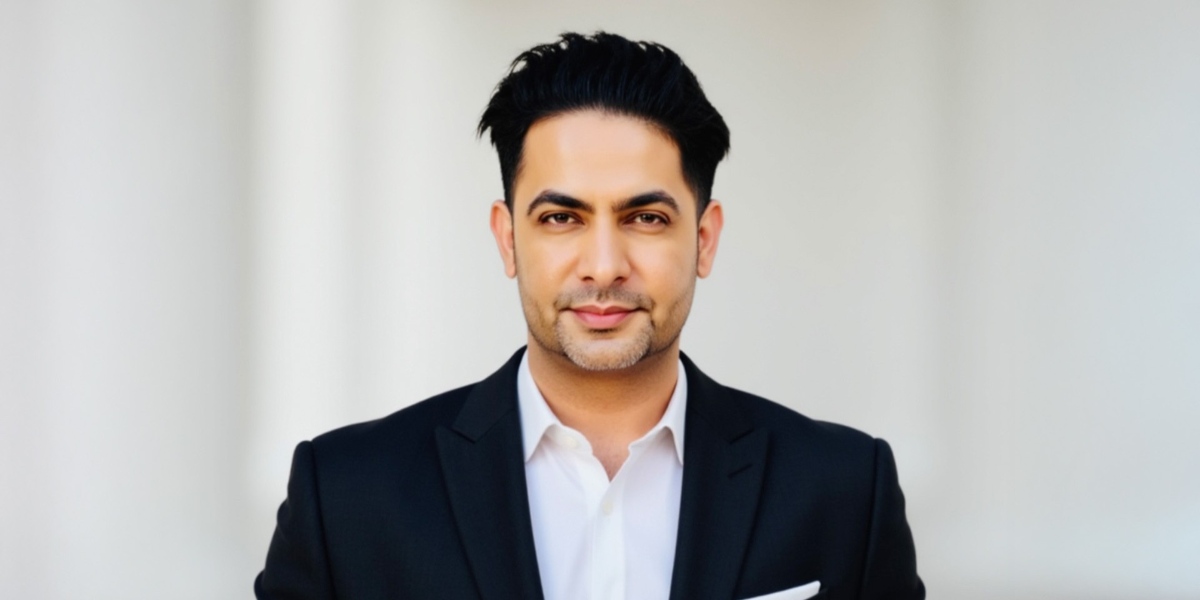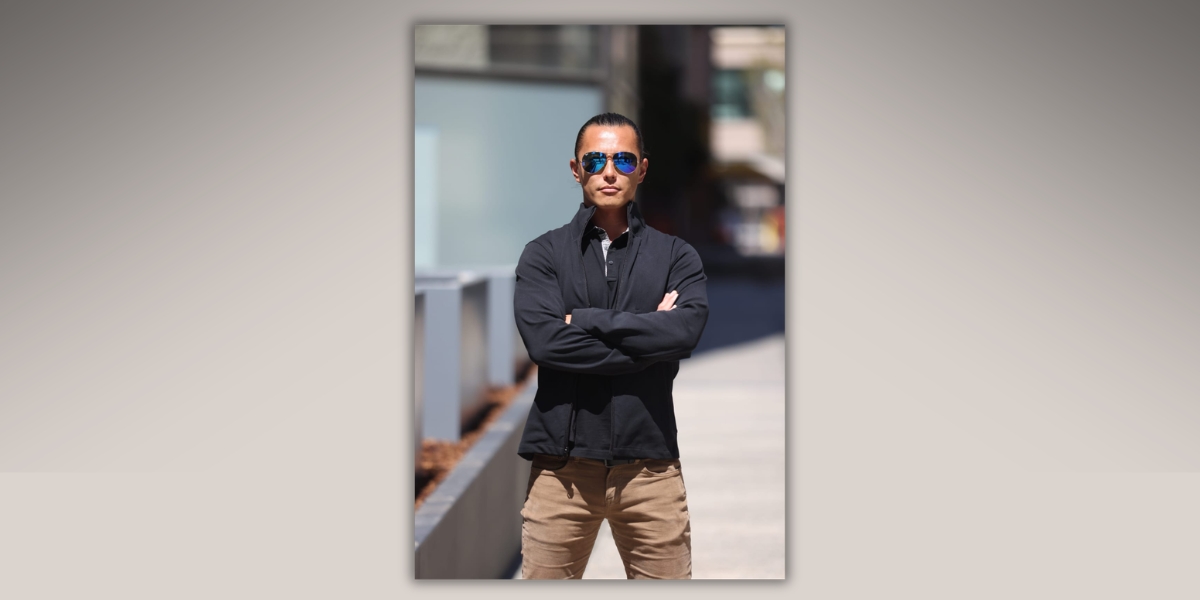By: Harper Alden
Pain is not necessarily a detour from achievement. It can be seen as raw material for clarity, service, and leadership, according to Karim Ghelani, certified coach and author of Fate, Faith and Free Will, who helps founders and executives translate adversity into disciplined action. His perspective is shaped by early experiences as a Pakistani immigrant in Los Angeles and refined through years of building companies. “Pain is a broad term,” he says. “There are different levels of pain. My pain used to be anxiety and depression. I asked myself, what do I want? What could I do to transform that into something more positive?” That question became a blueprint for purpose.
From Pain to Purpose
The loss of a beloved grandfather and episodes of bullying were formative chapters, but Ghelani is careful not to draw a direct line from hardship to outcome. Growth took time, reflection, and new habits. “I found a way to transform the pain of anxiety into a business. And that is part of purpose,” he says. He founded Humanity Shift, an early-stage company that applies ancient wisdom and accessible technology to help users practice meditation, breathwork, and self-inquiry. “What is my purpose? It is service,” he says. The venture is complemented by his book, Fate, Faith and Free Will, which blends humor with hard-earned lessons, making the ideas feel more accessible and practical.
Tools for Clarity
Ghelani does not believe that spiritual tools are at odds with rigorous execution. He treats them as training for clarity under pressure. He reads widely and credits thinkers from Wayne Dyer and Alan Watts to Eckhart Tolle and Dolores Cannon for sharpening his ability to pause, observe, and respond. Cannon’s insight especially resonates with him: “You are the writer, director, producer, and actor in your own script.” For Ghelani, that reminder of choice and responsibility is central. “If you do not like the scene, you can change the script. That is your free will.”
Reframing Failure as Learning
In coaching conversations, Ghelani invites leaders to sit with difficult emotions before they try to reframe them. “It is hard to tell someone else how to feel,” he says. “When failure happens, you cannot just say, I learned. Sit with the emotion. Let it come. Then decide.” Only after that pause does he ask reflective questions: What did I learn? What will I do differently next time? He applies the same discipline to his own setbacks, from real estate deals that fell apart to opportunities that did not materialize. “I choose to turn that failure into something I learned from,” he says. With distance, he can see how certain disappointments guided him away from numbing habits and toward service. “Those were my biggest teachers,” he adds. “The next time failure knocks on your door, tell them to have a seat because they are your biggest teacher.”
Leadership that Reduces Friction
Ghelani favors simple practices that may help lower tension and increase throughput. “We have a very horizontal way of management,” he says. “Nobody is above each other.” The goal is not informality for its own sake. It is psychological safety that can enhance performance. “You perform at optimal levels when you feel appreciated. What you appreciate, appreciates.”
That stance shows up in how he handles conflict and pressure. “If something is done wrong, we do not start pointing fingers, we start looking for solutions,” he says. He distinguishes assertiveness from aggression and treats kindness as an operational advantage. Quick check-ins, sincere compliments, and an assumption of positive intent become tools that may reduce reactivity. “Your people are not working for you,” he adds. “You are working for each other. You win, I win. I succeed, you succeed.”
Surrender, Detachment, and Daily Practice
Ghelani teaches an observer mindset that separates identity from emotion. Naming a state creates room to choose. “Instead of saying I am anxious, say there is anxiety here,” he suggests. He pairs that with what he calls action surrender. Plant the seeds, do the work, and detach from results you cannot control. “Live from the state of knowing,” he says. “Assume it is already done because you planted the seeds. If it does not happen, you will still be okay.”
Affirmations, breathwork, and short meditations anchor the approach. So does service. “Call someone who is feeling low and ask how they are doing,” he says. “You help them and you help yourself by getting out of your own head.” He asks clients to extend the same grace inward. “Do not feel guilt or shame for negative emotions. Feel them, then respond.”
Building Products that Heal
Ghelani’s ventures reflect a single thesis. Difficult emotions can be channeled into products, teams, and practices that serve others. Humanity Shift is designed to make growth engaging and repeatable. He is also developing projects that explore the intersection of content, sound, and immersive experiences. The throughline is purposeful creativity guided by empathy and steady execution. Executives who work with Ghelani do not hear quick fixes. They hear a disciplined case for turning pain into direction, failure into feedback, and kindness into culture. And for those curious to dive deeper, his book Fate, Faith and Free Will offers a personal yet practical extension of these insights. “At the end of the day, what do we want?” he asks. “Peace of mind.”
Readers can connect with Karim Ghelani on LinkedIn or visit his website to learn more.
Disclaimer: The content provided is for informational purposes only and should not be construed as professional, financial, or medical advice. No guarantees are made regarding the outcomes or results of applying the insights discussed. Readers are encouraged to conduct their own research or consult with a qualified professional before making any decisions based on the information provided.









